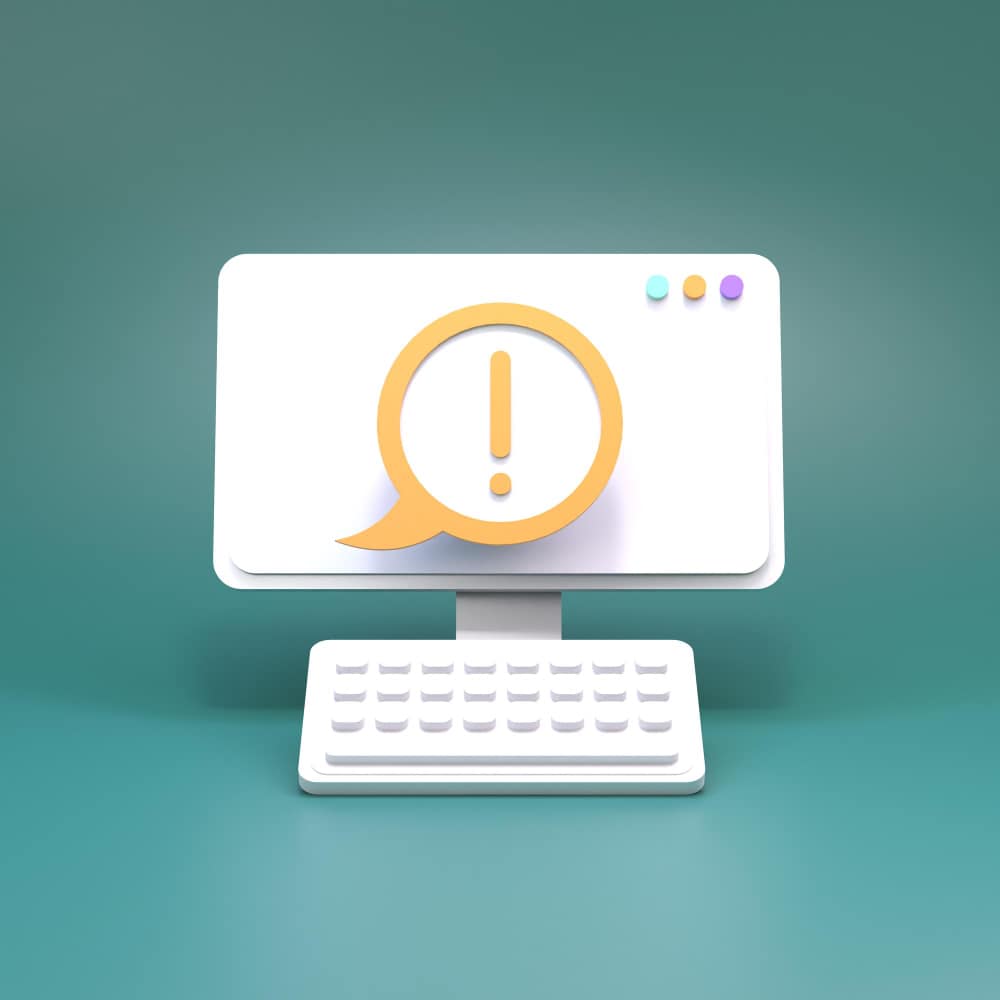
Tips for Choosing a Computer

Tips for Choosing a Computer
Choosing a computer, whether it's a laptop or a desktop, can be a daunting task given the wide range of options available in the market. With varying specifications, brands, and features, it's important to make an informed decision that suits your needs and preferences. Here are some tips to help you navigate through the process of choosing the right computer:
1. Determine Your Needs:
Before diving into the world of computers, outline your requirements. Are you a casual user, a student, a professional, or a gamer? Different tasks require different levels of performance and specifications. Understanding your needs will guide you toward the appropriate choice.
2. Consider Portability:
If you're constantly on the go, a laptop might be a better choice due to its portability. However, if you need a more powerful system for tasks like video editing or gaming, a desktop might offer better performance and customization options.
3. Operating System:
Choose an operating system that aligns with your preferences and requirements. Windows, macOS, and Linux are the most common options. Each has its own strengths, software compatibility, and user interface, so choose the one that suits you best.
4. Processor (CPU):
The CPU is the brain of your computer. The choice of processor depends on your tasks. For basic tasks like web browsing and office work, a mid-range processor will suffice. For demanding tasks like video editing and gaming, opt for a more powerful processor.
5. Memory (RAM):
RAM affects the speed and responsiveness of your computer. For general tasks, 8GB of RAM is usually sufficient, but for multitasking and demanding applications, consider 16GB or more.
6. Storage:
Choose between Solid State Drives (SSD) and Hard Disk Drives (HDD). SSDs are faster and more reliable, improving overall system performance. HDDs offer larger storage capacities at a lower cost. Consider a system with both for the best of both worlds.
7. Graphics (GPU):
If you're a gamer or work with graphic-intensive applications, investing in a dedicated GPU is important. For regular tasks, integrated graphics should be adequate.
8. Display: If you're getting a laptop, consider factors like screen size, resolution, and panel type. For desktops, choose a monitor that suits your needs, whether it's for casual use, design work, or gaming.
9. Battery Life:
If you're opting for a laptop, battery life matters. Check the manufacturer's claims and user reviews to get an idea of the real-world battery performance.
10. Budget:
Set a realistic budget based on your needs. While it's tempting to go for the latest and greatest, it's important to find a balance between features and price.
11. Brand and Warranty:
Stick to reputable brands known for their reliability and customer support. Check the warranty terms to ensure you're covered in case of issues.
12. Reviews and Recommendations: Before making a final decision, read reviews from trusted sources and consider seeking recommendations from friends or online communities.
13. Future-Proofing:
While it's impossible to future-proof completely, consider opting for slightly higher specifications than your immediate needs. This can help your computer remain relevant for a longer period.
14. Upgradability:
If you're planning to keep your computer for several years, choose a system that allows for easy upgrades such as adding more RAM, changing storage, or upgrading the GPU.
In conclusion, choosing a computer requires careful consideration of your needs, budget, and preferences. Take your time to research and compare options, read reviews, and seek expert advice if needed. A well-chosen computer will not only serve you well but also enhance your overall computing experience.
























